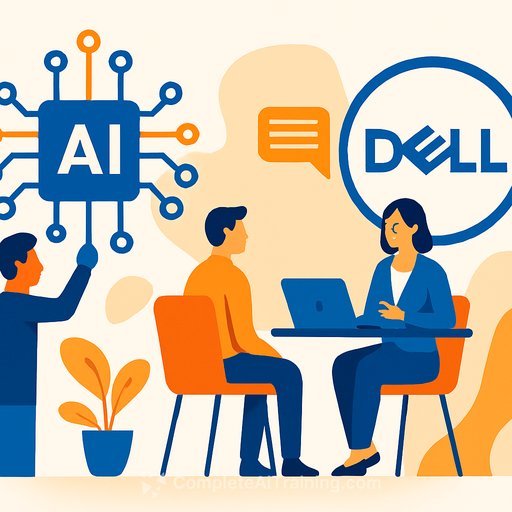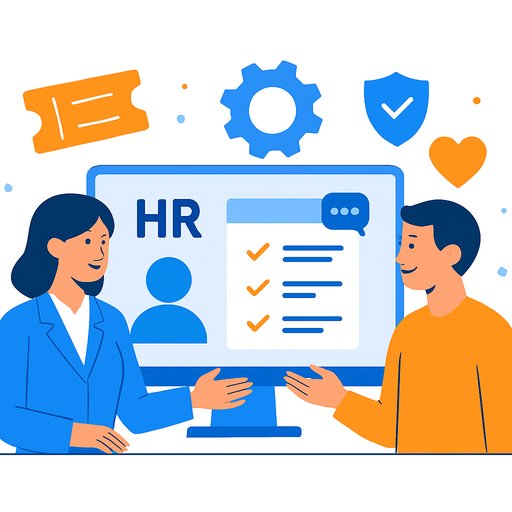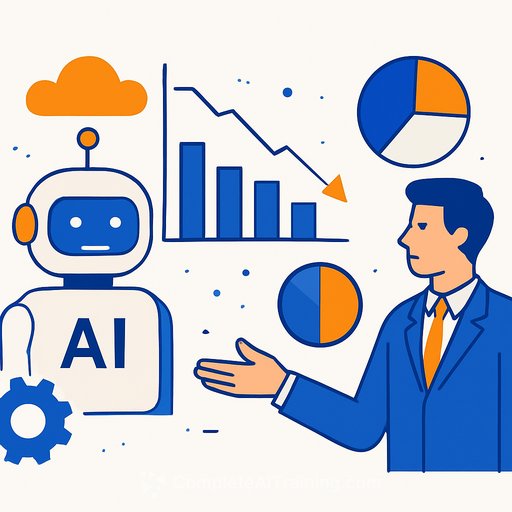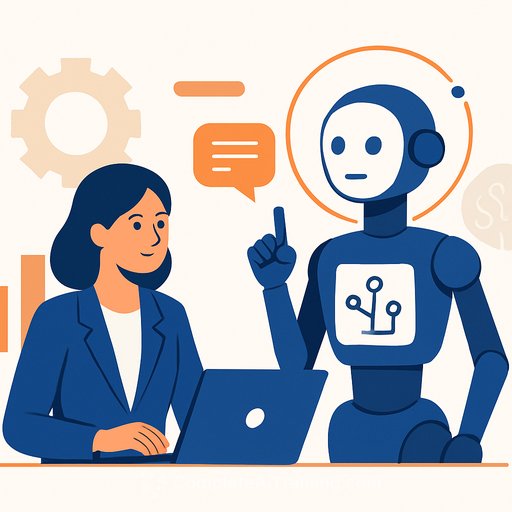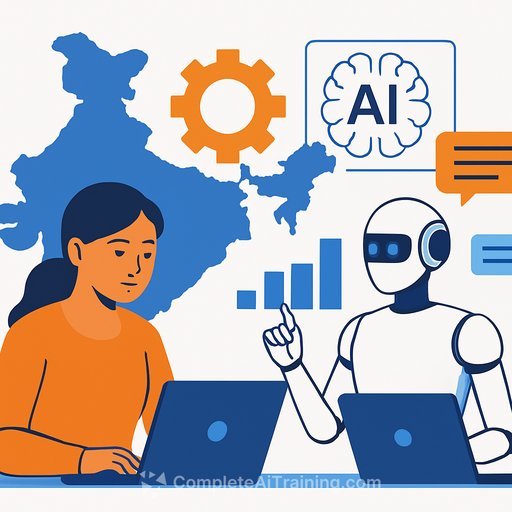Quick Hits in AI News: In-Person Interviews Make a Comeback
Each week, we gather the most important AI headlines that impact HR professionals and businesses, breaking down what they mean for your workforce and hiring strategies.
1. How Will AI Affect the Global Workforce?
What to Know: Research from Goldman Sachs estimates that AI adoption could temporarily displace 6%-7% of U.S. jobs. Productivity gains around 15% might cause unemployment to rise by about 0.5 percentage points during this transition, which could last roughly two years. Currently, AI adoption is limited; only 9% of U.S. companies regularly use generative AI. Early job losses are mostly in tech, design, marketing, and call centers, with younger tech workers feeling the impact the most.
Why It Matters: The shift is expected to be more about reallocating jobs than permanent unemployment. Entry-level workers face the sharpest disruption in the short term, while long-term outcomes depend on how companies reinvest efficiency gains. This creates visible distortions in hiring patterns that HR teams need to prepare for.
2. AI Is Bringing Back In-Person Job Interviews
What to Know: Companies like Cisco, McKinsey, and Google are reinstating face-to-face interviews to prevent AI-driven cheating and identity scams. Recruiters report candidates using AI off-screen to complete coding tests, and some scams involve fake identities or deepfakes. Gartner predicts that by 2028, one in four job-candidate profiles could be fake.
Why It Matters: The tug-of-war between employers and applicants using AI tools is reshaping hiring practices. In-person interviews are becoming a critical way to verify trust, identity, and skills in a landscape where digital deception is rising.
3. How AI Is Changing the Ways Companies Change
What to Know: Change management, a $10 billion industry, has historically seen about 70% failure rates. AI challenges traditional top-down approaches, as fast-moving tech and employee anxiety demand more agile responses. For example, Klarna’s AI-driven cost cuts backfired, leading to rehiring, while a pharmaceutical firm used AI to monitor employee sentiment and adjust in real time, achieving better results.
Why It Matters: AI shifts change management from one-off projects to ongoing processes. Companies sticking to old methods risk wasting resources and losing employee trust. Adaptability is becoming essential for success, and HR leaders should focus on continuous feedback loops rather than rigid rollouts.
4. Dell’s AI Reinvention Is a Case Study in How to Do AI Right
What to Know: Under Chief AI Officer John Roese, Dell set a two-year goal to drive $10 billion in new revenue, 8% growth, and 4% cost reductions through AI. Their approach focused on linking AI initiatives directly to profit and loss, prioritizing four key areas: supply chain, sales, engineering, and service. They re-engineered processes before integrating AI and enforced scalable implementation.
Why It Matters: Dell provides a practical blueprint for large companies to move beyond scattered AI pilots and deliver measurable enterprise-wide returns. Clear value focus, process redesign, and strong AI governance are key takeaways for HR and business leaders planning AI adoption.
5. The ‘Godfather of AI’ Reveals the Only Way Humanity Can Survive Superintelligent AI
What to Know: Geoffrey Hinton, a Nobel Prize-winning computer scientist, warned that AI could pose up to a 20% risk of wiping out humanity. Speaking at the Ai4 conference, he said keeping AI submissive is unlikely and proposed embedding "maternal instincts" into AI so it cares about people. Fei-Fei Li, known as the “godmother of AI,” disagreed, advocating for human-centered AI that protects dignity and agency.
Why It Matters: Leading experts differ on how to safeguard humanity from advanced AI. Hinton’s empathy-based approach contrasts with calls for governance and preserving human control. This ongoing debate highlights the high stakes of AI’s future development.
For HR professionals interested in understanding AI’s impact on workforce management and hiring, exploring specialized AI training can provide valuable insights and skills. Check out Complete AI Training’s latest courses to stay ahead.
Your membership also unlocks:

